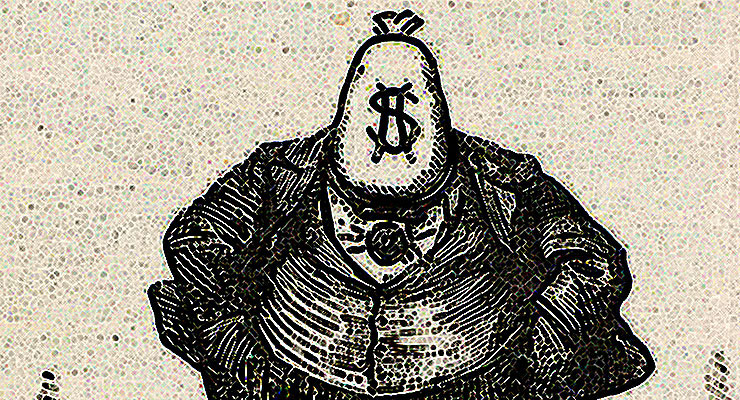 When corporations give money to politicians these politicians defer their accountability to their constituents and instead work for the interests of those corporations. The democratic process suffers as a result and public trust in government diminishes. While some states are yet to tackle big money in politics others like New Jersey have taken the problem head on. New Jersey has a law that bans banks and certain other big corporations from making political contributions. This law was recently upheld by a federal district court. This article written by Alexandra Copper is published by Campaign Legal Center (CLC):
When corporations give money to politicians these politicians defer their accountability to their constituents and instead work for the interests of those corporations. The democratic process suffers as a result and public trust in government diminishes. While some states are yet to tackle big money in politics others like New Jersey have taken the problem head on. New Jersey has a law that bans banks and certain other big corporations from making political contributions. This law was recently upheld by a federal district court. This article written by Alexandra Copper is published by Campaign Legal Center (CLC):
On June 21, a federal district court upheld a New Jersey law that bans banks and certain other corporations, like public utilities and insurance companies, from making political contributions. This decision is a victory for the people of New Jersey—and all Americans—as it protects public faith in the integrity of our government.
By upholding New Jersey’s ban on direct political contributions by banks and other closely regulated industries, the decision helps guard against actual and apparent corruption, “where concerns for quid pro quo corruption or its appearance are most acute.”
Given the democratic principles at stake, CLC filed an amicus brief in this case on Dec. 1, 2020, supporting the state of New Jersey’s defense of its century-old law (enacted in 1911) prohibiting campaign contributions from banks and other corporations.
Read the full article here. Also, visit the main Democracy Chronicles section on American Democracy, our section on Money Politics, or our articles on Political Lobbying.
Leave a Reply